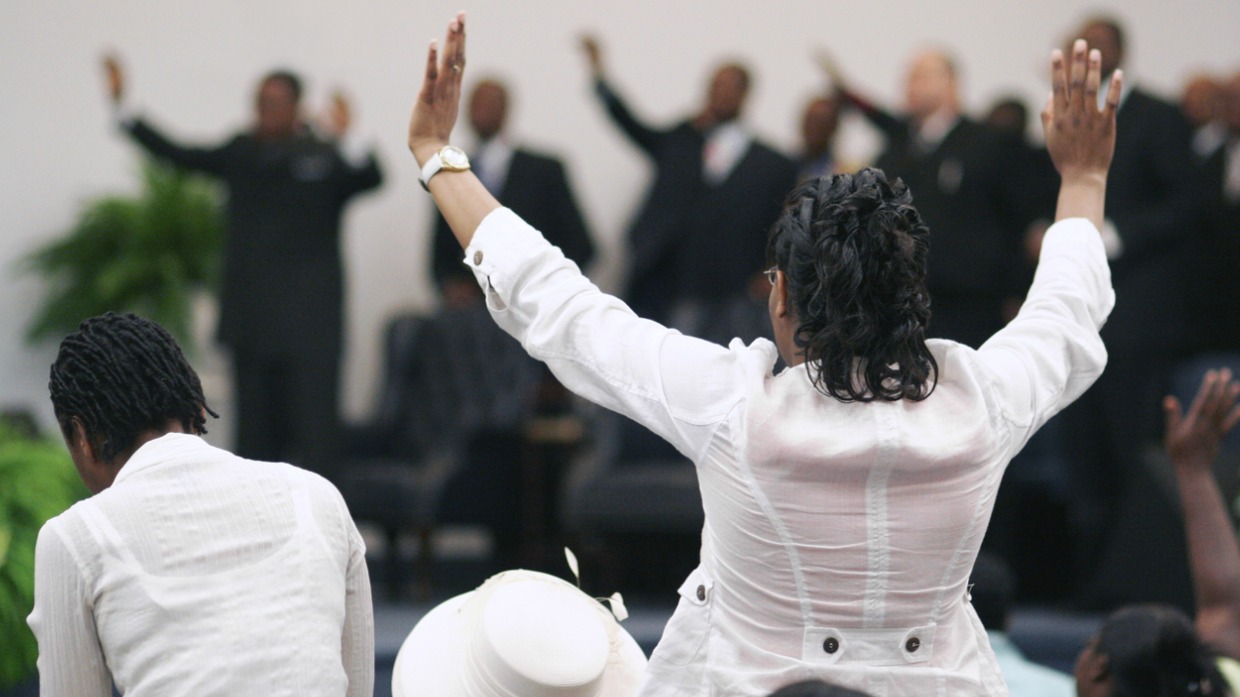My family once visited a church known for its compelling teaching, dynamic community, and outreach to the non-churched. At the beginning of the service, the congregation was invited to stand. After 30 minutes of singing, my husband, a non-musician, looked at me, his eyes begging for mercy. The worship team, lost in their passion, had no idea that people like my husband were nowhere near as enraptured by the experience. That made me wonder what non-musical folks might say if they had a voice in the worship planning process.
1. Please choose singable songs.
Most people don't sing much in public, other than at sporting events where they routinely massacre the national anthem. Songs that captivate musicians should be carefully screened to determine whether average people can pick up the melody. When worship planners ignore this, we risk leaving out many in the pews who can't express themselves through difficult music.
2. Must we repeat so much?
While some repetition is strategic—to learn a song and to enter into the richness of the lyrics—the non-musician loses patience sooner than others if songs repeat. Too rarely in our churches do we leave people wanting more!
3. May I please sit down?
Some parts of the musical worship almost demand that we stand together, others are opportunities for sitting down. Tell me when I can sit. (Not only the elderly will thank you.) Whatever posture we adopt, standing is not the only way to express reverence before God.
4. Stretch me with the lyrics.
Worshipers long for lyrics that deepen our understanding of God's truth, expand our awareness of God's holiness, increase our capacity to express longings to God. Unfortunately, too many songs use the same tired and predictable phrases. Watch for patterns and ruts that no longer breathe freshness of thought and spirit into your people. Search for (or better yet, write) songs and hymns that usher new life into worship simply because they are well written.
5. Worship is more than singing.
Non-musicians are not wired to sing non-stop for 30 minutes. It is a gift to break up singing with other art forms including video, dance, Scripture, and performance music. When we creatively draw the congregation into God's presence, even non-musicians (like my husband) will encounter the wonder and strength that comes from meeting God.
Nancy Beach is teaching pastor and creative arts director at Willow Creek Community Church in South Barrington, Illinois.
Resources When the Music FadesTry these websites for musical and non-musical resources for enhancing worship, recommended by Ron Rienstra of Reformed Worship. www.ancientfutureworship.com Robert Webber's site has purchasing information for many of his 40-odd books, including the whole Ancient-Future series, plus the archives of his ongoing newsletter series. These 500- to 1,000-word essays deal with critical issues and are interactive in style, with Webber responding to questions put to him via e-mail. —from Reformed Worship #74
|










